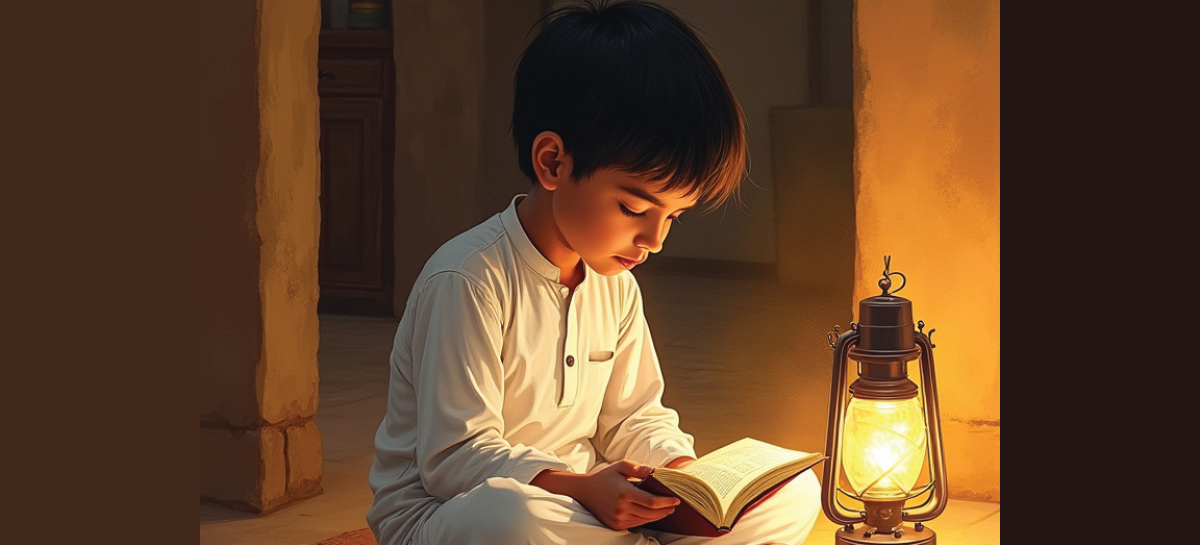From his childhood days in a remote town in Bihar, lit by hurricane lamps and cooled by punkahs, to witnessing Nehru’s election campaign in a post-Independence India, our member Mr. D. Kr Banerjee shares vivid recollections of war, scarcity, and resilience.
I was born in Gaya, where my father, the superintendent of the post office, was posted. Back then, he worked for the British government.
His was a transferrable job, and one of the places he was posted to was Hazaribagh in Bihar. We lived in a remote area, in a large house with a sprawling compound. There was no electricity in those days. We used ‘hurricanes,’ the regular kerosene lamps, and in the dining room, we relied on Petromax lamps, which were pressurised kerosene lamps with an incandescent mantle. My father’s office was in one of the larger rooms of the house. In the summers, he would use a punkah—a fan made of cloth, suspended from the ceiling, that had to be moved back and forth by someone pulling a long cord. It was usually the younger members of the staff, mainly boys, who acted as ‘punkah pullers’. As a child, I enjoyed taking over from these boys, but since I was much too young, I would tire quickly, managing no more than a weak flutter of air. “Punkah! Punkah!” my father would shout as soon as he began to feel hot, and I would run off to my mother, who would be in the bedroom at the other end of the house.
During World War II, we were living in Patna. Kolkata was being bombed by the Japanese, who targeted the Howrah Bridge to disrupt supplies to the British army. Fearing further bombings, my maternal grandmother, aunts, and two elder cousins travelled to Patna to live with us. I was thrilled! We had a lot of fun together. But food was in short supply. We had to queue outside the US army camp for half a loaf of bread (equivalent to a pound in today’s markets) and sugar. Even rice had to be procured from multiple sources to feed our large family. My father, who was working in the War Office at the time, used a six-cylinder Chevrolet and received six gallons (30 litres) of petrol. On most days, he would walk to work, using the car only for emergencies.
Today, we take basic amenities such as food and fuel for granted. It is difficult to imagine a time when bread, rice, and sugar were scarce. But in those days, it was a harsh reality. Things were difficult in Patna, but Bengal was in the throes of a devastating famine—something most people today only read about in history books.
My father’s next posting was in Nagpur. It was there, soon after Independence, that I saw Pandit Jawaharlal Nehru, who had come to campaign for elections. It was during recess at school when we heard a commotion on the streets and rushed to the edge of the school grounds. There, we saw him as he rode by in a green open-top Studebaker. He waved at the crowd and took off one of the many garlands he was wearing, tossing it in our direction. I remember there wasn’t any heavy security around him—not like the fleets of cars and armed personnel that accompany politicians today.
Those were simpler, more peaceful times, despite their many challenges. Life then was marked by hardships, but it was also filled with moments of joy, resilience, and a sense of togetherness that is rare today. The past may not have been easy, but it was rich with experiences that shaped us in ways modern comforts never could.
(As narrated to Support Elders by our member)
Categories
Echoes of the Past: A Childhood Across Two Eras

